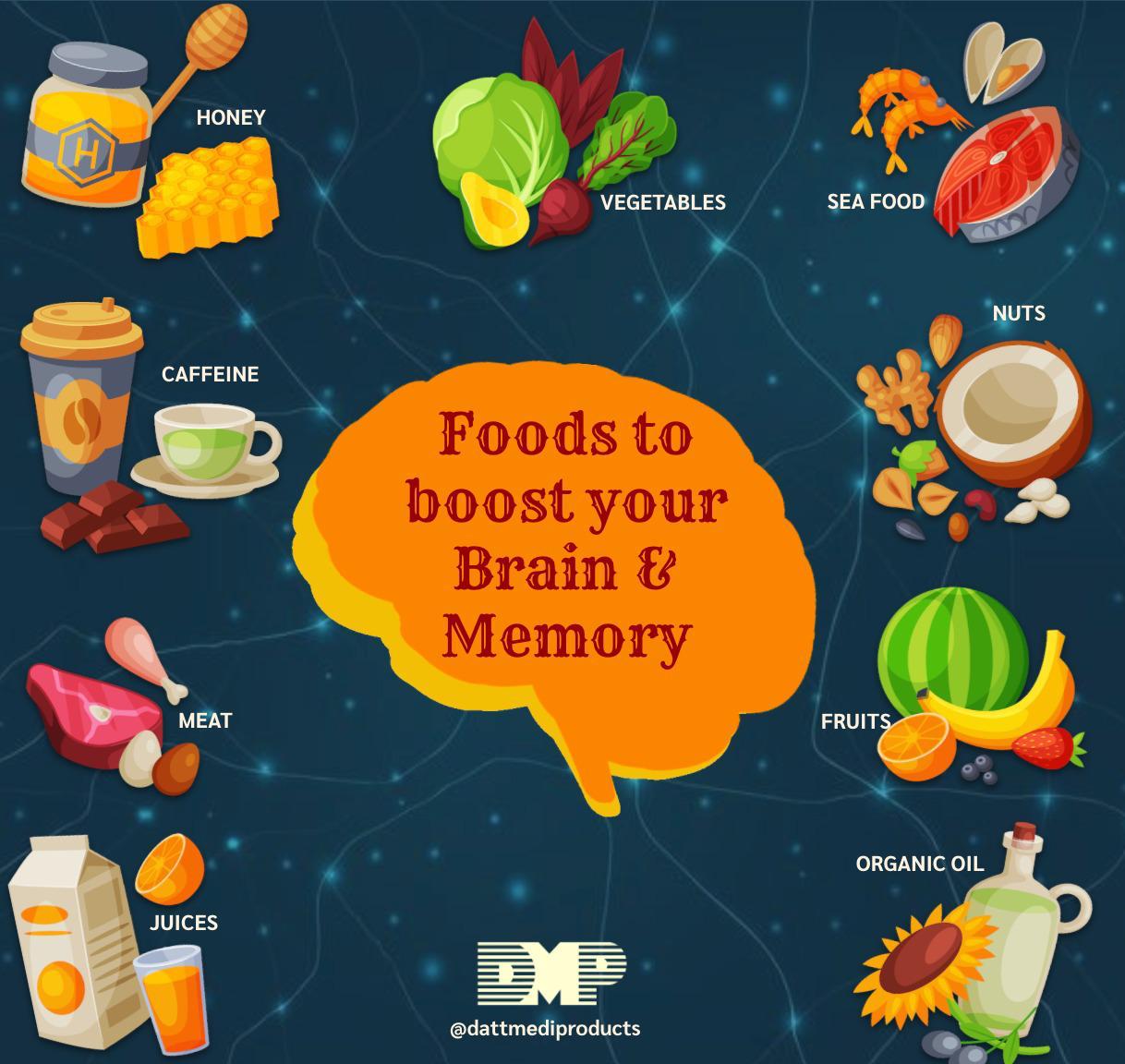

Local storage of visitor-specific content that enables e-commerce functions.įorces local storage of specific content sections that should be invalidated. The message is deleted from the cookie after it is shown to the shopper. Tracks error messages and other notifications that are shown to the user, such as the cookie consent message, and various error messages. Preserves the destination page the customer was navigating to before being directed to log in. Tracks the specific store view / locale selected by the shopper. Stores the key (ID) of persistent cart to make it possible to restore the cart for an anonymous shopper.Ī security measure that appends a random string to all form submissions to protect the data from Cross-Site Request Forgery (CSRF). Without this cookie, a user is Unable to proceed to areas of the website that require authenticated access.Īppends a random, unique number and time to pages with customer content to prevent them from being cached on the server.
#FOOD FOR THE BRAIN PASSWORD#
This information is required to allow a user to stay logged in to a website without needing to submit their username and password for each page visited.

Bredesen recommends limiting your intake of processed foods, red meat, and added sugar while loading up on the nutrient-rich, MIND diet-approved foods below.To store the logged in user's username and a 128bit encrypted key. Researchers found when participants followed the MIND diet very closely, while limiting less-nutritious foods like red meat, processed sweets, and fried foods, they reduced Alzheimer’s and dementia risk by 53%, and by 35% in those who followed the diet reasonably well. The study followed 900 men and women ages 58 to 98 for an average of four and a half years, assessing their diets with detailed food questionnaires and testing their cognitive function annually. One 2015 study published in the journal Alzheimer’s & Dementia found that the MIND diet can turn back the time on your cognitive age by seven and a half years. The DASH diet boasts the same benefits as the Mediterranean diet, and was specifically developed to help lower blood pressure without medication.īut one diet has combined the best parts of each, particularly when it comes brain health: the MIND Diet, which is short for Mediterranean-DASH Intervention for Neurodegenerative Delay. In comparison, the DASH diet (which stands for Dietary Approaches to Stop Hypertension) is similar to the Mediterranean diet, but includes slightly different serving suggestions, like capping sodium intake at 1,500 milligrams and allowing for more lean meats. Research has found the diet has a slew of health benefits, like improving heart health, aiding in weight management, and supporting brain function. Poultry, eggs, dairy, and red wine can be enjoyed in moderation.

The Mediterranean Diet focuses on eating plenty of fruits, vegetables, seafood, olive oil, nuts, seeds, beans, legumes, and whole grains, while limiting red meats, processed foods, refined grains and oils, and high-sugar foods. Two diets in particular are backed by science for boosting brain health and reducing your risk of dementia: the Mediterranean Diet and the DASH diet. Bredesen, M.D., a neurologist and author of The End of Alzheimer’s Program. Specifically when it comes to brain health, the foods you eat have a major impact, says Dale E. Everything from your bone density to your memory can be supported by what you put on your plate. What you choose to fuel your body with affects more than the number on the scale and how your jeans fit.


 0 kommentar(er)
0 kommentar(er)
